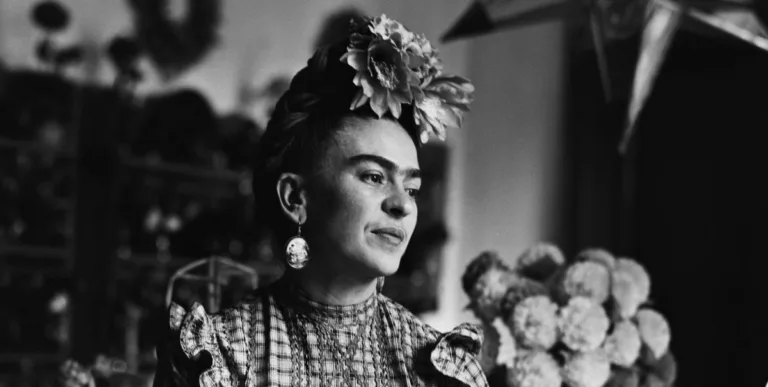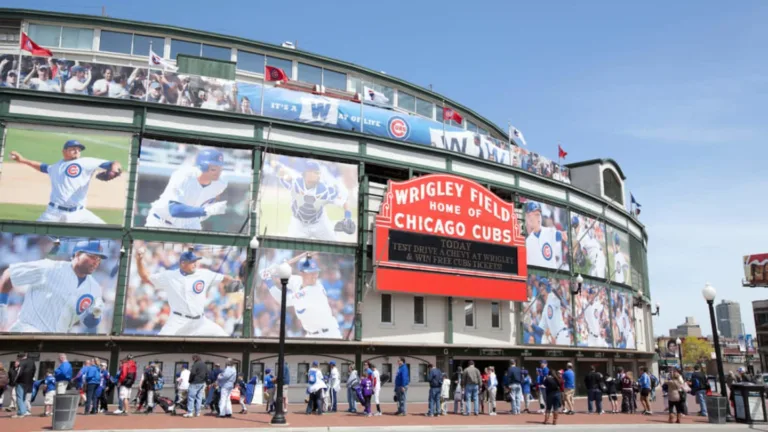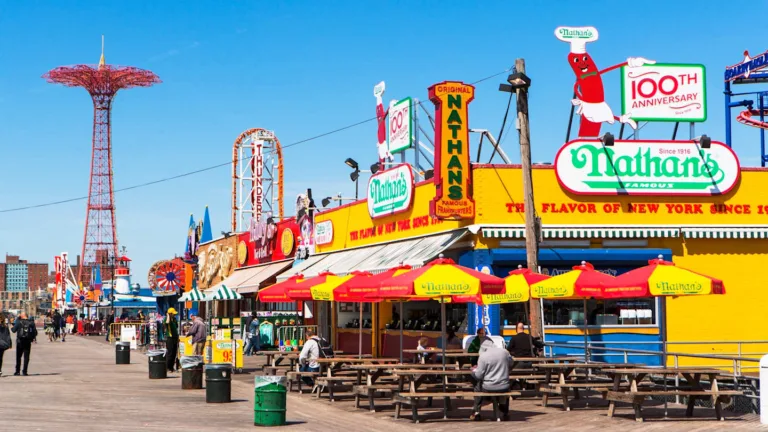Ever strolled through a bustling flea market, amazed by the eclectic mix of treasures and trinkets? These vibrant marketplaces have a history as rich and diverse as their offerings. But have you ever wondered why they’Re Called “flea markets”? The origins of this quirky name are shrouded in mystery and debate, with several intriguing theories vying for the spotlight.
One popular theory traces back to Parisian outdoor bazaars in the 1880s. These lively marketplaces, Known As “marché aux puces” (market of fleas), were nicknamed for a rather unsettling reason: shoppers believed that the age and condition of the goods might attract fleas. This French origin is further supported by similar terms used in other European languages, like Denmark’s “Loppemarked,” German’s “Flohmarkt,” and even early English usage dating back to an 1887 article in The New York Sun.
While the Parisian flea market theory Holds Strong, there are other contenders for the Flea Market Name origin. Some suggest that post-urbanization relocations of Paris flea markets led to the English term “Flee Markets,” Which Eventually Morphed Into “flea.” Another explanation points to colonial America and Dutch traders who established the “Vlaie” or “Vly Market” on a former swamp. English speakers, unable to pronounce the original name clearly, Dubbed It “Fly/flea Market,” ultimately leading to the modern term We Use Today.
The Parisian Connection
The most widely accepted theory behind the term “flea market” points straight to Paris in the 1880s. Back then, Parisian outdoor markets were known as “marché Aux Puces,” Literally Translating To “market of fleas.” This rather unappealing nickname stemmed from the belief that these bustling marketplaces, filled with secondhand goods and vintage treasures, might harbor fleas due to their age and condition.
These Parisian flea markets weren’t just a source of quirky names; they were also cultural sensations. Spread across sprawling spaces near Paris’s outskirts, these markets attracted both Parisians and Visitors From Afar, eager to discover unique finds at Bargain Prices. The “marché aux puces” became synonymous with the thrill of the hunt, the joy of unearthing hidden gems, and the vibrant atmosphere that only a bustling marketplace could offer.
This French origin story is further supported by similar terms used in other European languages, like Denmark’s “Loppemarked,” German’s “Flohmarkt,” All Directly Translating To “Flea Market.” Even early English usage, dating back to an 1887 article in The New York Sun, suggests a connection to Parisian markets. The Why Flea Market Called theory takes us on a fascinating Journey Across Cultural Boundaries, highlighting how a seemingly simple nickname can encapsulate the very essence of a marketplace experience.
Flea Markets: A Global Phenomenon
The popularity of flea markets transcended borders, evolving into a global phenomenon. Today, you can find these vibrant marketplaces in almost every corner of the world, each with its own unique character and charm. From bustling Tokyo flea markets overflowing with vintage electronics to sprawling outdoor markets in Mexico City showcasing hand-Crafted Textiles, the concept has captured imaginations worldwide.
The appeal of flea markets is universal. They offer a treasure trove of Secondhand Goods, often at bargain prices. There’s an undeniable thrill in unearthing Hidden Gems, discovering unique pieces with history woven Into Their Very Fabric. Whether it’s a vintage camera lens, a hand-Painted Porcelain Doll, or a tattered first edition book, flea markets provide a glimpse into the past and a chance to own a piece of someone else’s story.
But beyond the allure of bargain hunting, flea markets foster a sense of community. They bring people together, Encouraging Interaction, Shared Laughter, and sometimes even friendly haggling sessions. In many ways, flea markets embody the spirit of sustainability, giving pre-loved items a second life and Reducing Waste. This global embrace of Flea Market culture speaks volumes about our desire for connection, individuality, and conscious consumption.
 Shotgun Seat Car: History & Modern Usage
Shotgun Seat Car: History & Modern UsageUrbanization and the Shift in Terminology
As cities grew and sprawled in the 19th century, Parisian flea markets faced a new challenge: urbanization. These once sprawling outdoor marketplaces were often forced to relocate further from the city center. This shift in location coincided with a change in terminology.
The original French term “marché Aux Puces,” While Widely Understood, became less common among those outside of France. As these relocated flea markets gained popularity in English-Speaking Communities, a new term emerged: “Flee Markets.” This seemingly misspelt version likely originated from the rapid pace of urbanization and population movement, with sounds and words evolving as They Traveled Across Borders.
Over time, “flee markets” Gradually Morphed Into “Flea Markets,” a change that reflects the dynamic nature of language and the constant evolution of cultural terms. It serves as a reminder that even seemingly established names can undergo Subtle Transformations Over Time, influenced by factors like geography, migration, and the ever-changing tapestry of human communication.
Colonial Influences On Market Naming
Venturing beyond Europe, another intriguing theory points to colonial America and the influence of Dutch traders on the naming of flea markets. In the early days of colonization, Dutch settlers established bustling marketplaces in various parts of North America. These markets, Known As “vla market” or “vlooienmarkt,” featured a diverse array of goods, often sourced from local artisans and European merchants.
The term “vla market” Translates To “Flea Market,” suggesting a direct connection between the Dutch language and the English name We Use Today. As these markets gained prominence in Colonial Communities, their names inevitably evolved alongside the Shifting Linguistic Landscape.
This theory highlights the interconnectedness of global trade and cultural exchange. It reminds us that even seemingly Simple Terms Like “flea market” can carry echoes of historical events, migrations, and the blending of different languages and cultures.
Beyond the Bazaar: Modern Flea Market Culture
Today, flea markets have evolved far beyond their humble origins as outdoor bazaars filled with secondhand goods. While bargain hunting remains a core element of the experience, modern flea markets have blossomed into Vibrant Cultural Hubs, showcasing a diverse range of crafts, Vintage Fashion, Artisanal Food, and even live music performances.
The “flea market” Phenomenon Has Also Embraced Technology, with online platforms connecting sellers and buyers from around the world. This digital expansion allows for greater accessibility and exposure, further solidifying the global reach of Flea Market Culture.
Beyond commerce, modern flea markets foster a sense of community and shared passions. They provide spaces where creative entrepreneurs Can Showcase Their Talents, vintage enthusiasts can connect with like-Minded Collectors, and individuals can discover unique treasures that spark joy and personal expression.










